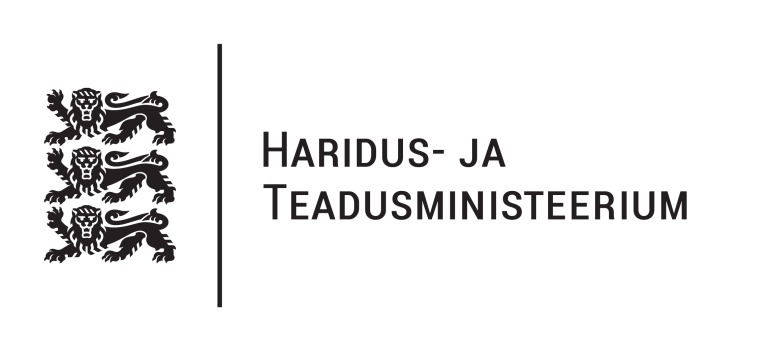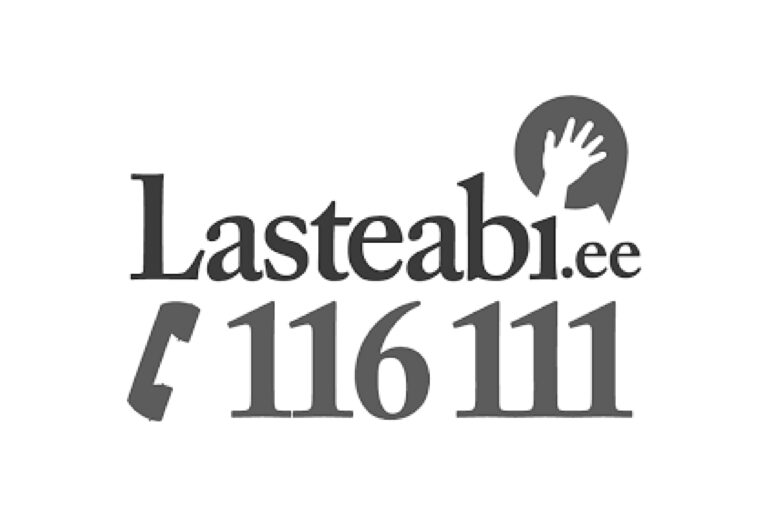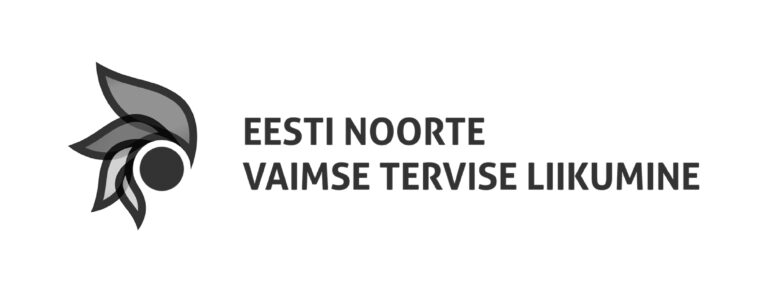This time we have created a story with career advisors to find out more about their views on education and careers.
How to choose, which university is right for you?
A great start to finding an answer to any question is self-reflection – the right answer can only come from you and no one else can do it for you. You could make a list of the universities you would like to go to and find out what they have to offer, for example, if they have sports facilities or a choir, what are their pros and cons, how likely you are to get in, etc. This will allow you to use the method of elimination and make the decision-making process easier. If you have selected only a small number of universities, you could check if it is possible to join a student shadow scheme or go to an open day and talk to current students and then decide what seems best.
How to choose a career that is right for you?
It is very important to identify your interests and personal characteristics. Although advice from others may be taken into consideration, others’ opinions or approval should not dictate your own outlook for the future – a person’s occupation should be something that brings him or her excitement. Some find it harder to figure this out than others, for example if people have many interests and therefore more options to choose from. A good first step is to eliminate areas that are of no interest to you or that simply do not suit you. It is a good idea to ask yourself or get a friend to ask you: “Would you like to work as a … ? Are the activities I do out of my own interest different from those of others, and is it something I could pursue as a career in the future?” Answers to these questions are often found within us. You can find out more about different occupations online, for example at the https://haridusportaal.edu.ee website. You could then join a work or student shadow scheme to get a better understanding of that particular area of expertise.
What to do after university?
This depends on your area of expertise as well as on your personality. A person needs to know what they want in life, which career they aspire to and why they chose to study a particular field at university. Occasionally, a good job offer may come along immediately after graduation, in which case it may be worth taking it. However, in other cases people may feel overwhelmed and disconnected after graduating, in which case it makes sense to take a gap year. If you have no luck finding a job soon after finishing your studies, you could just volunteer or find yourself a basic job, but you should still strive to find a job in the field you are trained in and use your qualifications to earn money.
How do I know whether a particular career opportunity is useful?
As with other questions, the answer should come from you – is this something you want, something that will help you reach your goals, is it worth the effort, etc.? If you are unsure, you could contact other people who have been in a similar situation or who are working for the company that made the offer and ask them for advice.
How to remember the experiences you have had and to benefit from them?
There is no one answer to this question, as each person must find a learning method that best suits them. There are many tests on the internet to help you find yours. Putting your experience and knowledge into practice at work can be rewarding; this will also help you with remembering them in the future.
How to get enough money to go and study abroad?
The first and most obvious solution would be to ask for help from your parents or others involved with your future. If this is not an option, you could find a basic job and earn your own money or find a sponsor who will pay for your education, although you would usually need to become their employee once you have completed your education. Some schools offer scholarships and financial support, though each educational establishment has specific conditions.
How to become a freelancer quickly?
You can find lots of adverts for basic jobs on the website GoWorkaBit. There are also many online groups – for example, on Facebook – where people post short-term job vacancies. If you are looking to find a job in a more specialised field, such as an artist or a programmer, it is important to advertise yourself, for example on social media or through your own website, so that people can find you.
How will I know if the company I would like to work for is progressive and will equip me with the skills that I need to be successful in today’s world?
The first place to look should be the company website. If the company has not kept pace with the times, then it is unlikely that the job itself is up to speed. If possible, it is worth checking out who works there and asking the staff directly. It would be even better if you get a chance to go and work as a job shadow and see how things work for yourself.
How can I be confident that my choice of education will help me in the long run?
While you can never be 100% certain, it is worth remembering that any education is better than no education at all. Even a ‘wrong’ choice may have indirect benefits that are not apparent at the outset – all learning is useful. Your initial choice in terms of education does not have to rule the rest of your life: you can change fields of study at university and you can also learn new things and change careers later in life.
How to move up the career ladder?
The key is to have a genuine interest and passion for what you do, as this is the only way to make your work stand out. A desire to evolve and a belief in lifelong learning are essential. You can find a wide range of online CPD (Continuing Professional Development) training and other courses for those who want to improve their knowledge in their particular field. Listening to podcasts and taking part in seminars, reading news specific to your field, and participating in forums is a good way to start. It is important to be your genuine self – if there is something about you that makes you stand out and distinguishes you from other employees, then it will be easier to move up the career ladder.
How can you get experience for work that requires it when you have previously worked in a different field and learned new skills for the job on your own?
In this case, it would be good to volunteer, either in the company you are applying to or in a different company with a similar position. Job shadowing can help too. If the employer requires evidence of specific skills or expertise, attending a course can be a good idea. You can find a range of free courses on the website of the Estonian Ministry of Education https://www.hm.ee/et/tegevused/taiskasvanuharidus/tasuta-kursused. Paid courses are found here: https://www.koolitused.ee and information about more specific training can be found online.
Why go to university?
You do not have to go to university! Nobody except you should have a say in what you should pursue in your education and career – people must want to go to university on their own initiative. You can still go to university later in life.
Is a vocational school a good choice or should I stay away from it?
For some young people, vocational training may be more rewarding than going to university, but this depends on the individual, their interests, and future plans. Vocational schools are a good option if you want to learn something practical and skill-oriented; some occupations are only available through vocational training. With vocational training and expertise in your field, you could earn more and be happier than university graduates in some disciplines. Lifelong learning and self-development are prerequisites for a successful career.
What to do if you have no vision for your future?
If you have no ideas and if the tests and careers guidance also fail to bring results, you could choose a career based on demand. You can find job market analyses at https://oska.kutsekoda.ee. A great idea may come to you later in life; however, education can still be acquired before then – learning something never hurts!
Written by Sabine Liisa Pärn in collaboration with the career advisors of the Estonian Unemployment Insurance Fund (Estonian: Töötukassa) Anneli Saarts and Marika Ojanurme. This article was published in 2022.







